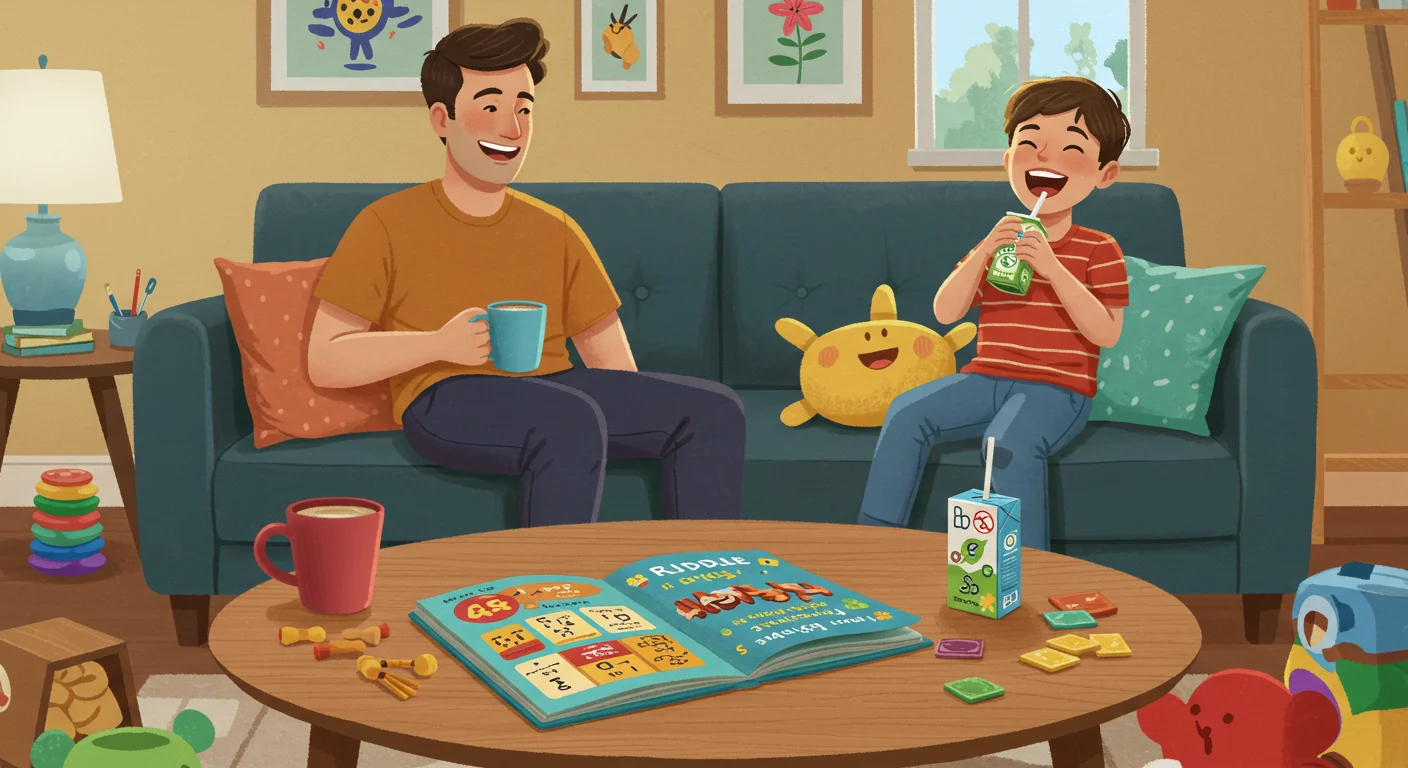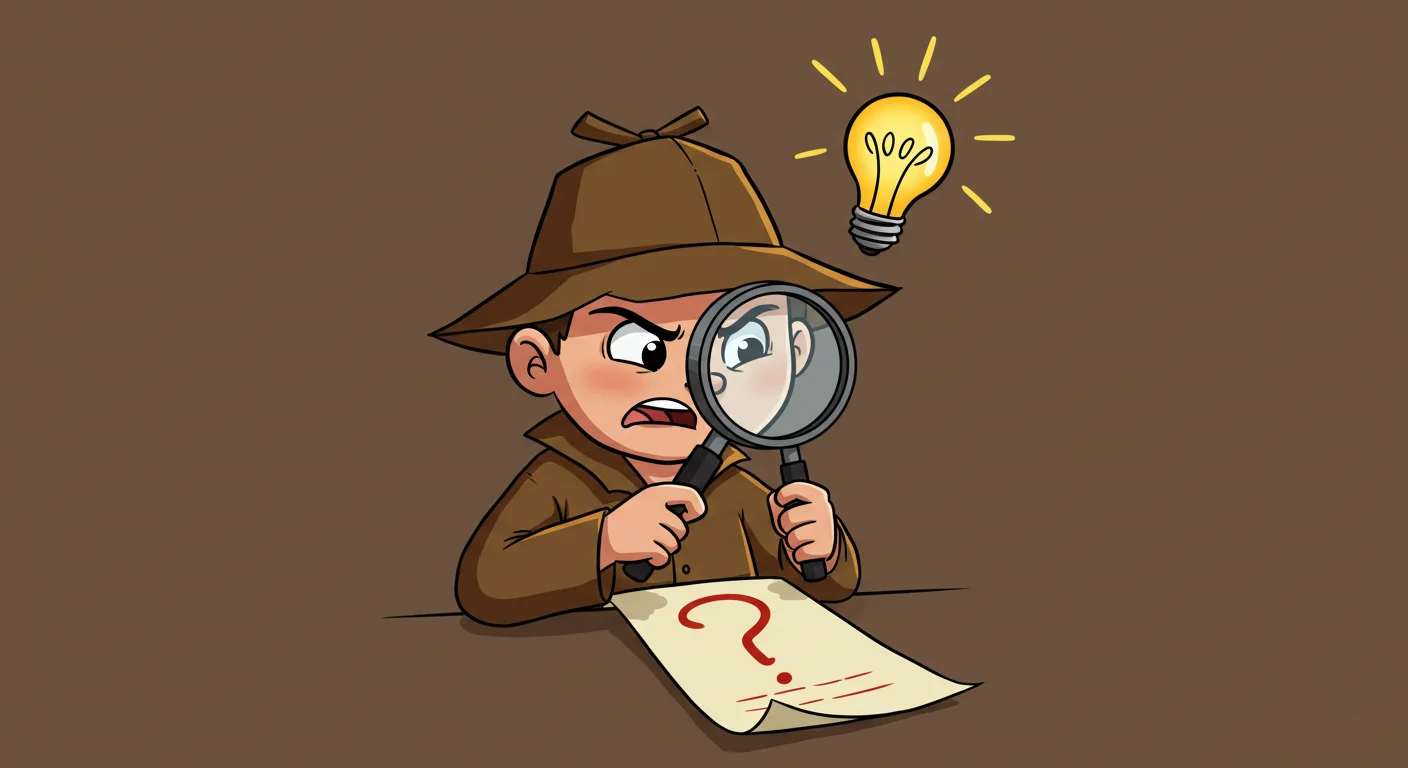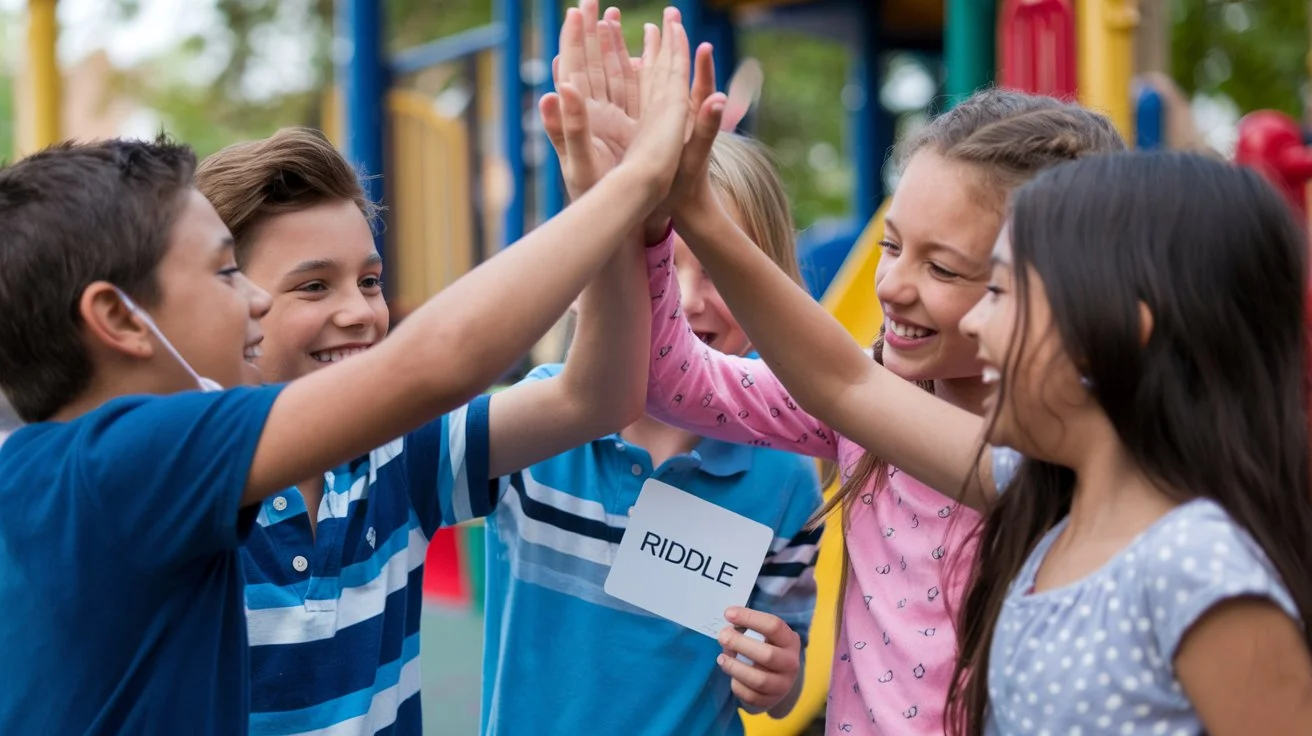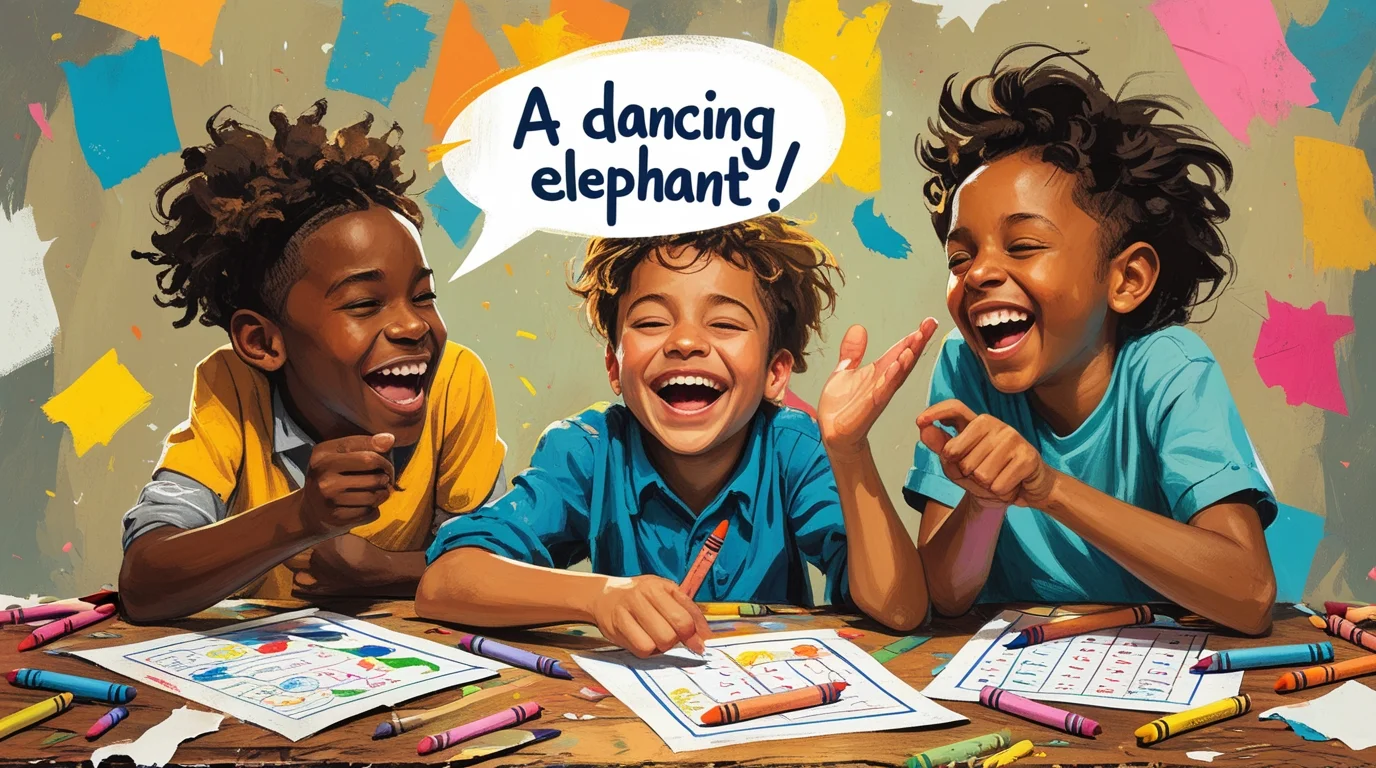Hey, crew! Imagine us kicking back—me with my coffee, you wrangling a juice box while the kids go wild. I’ve got a gem to share: riddles! Those twisty little brain teasers that knot your head ‘til—bam—you crack ‘em? They’re not just giggles; they’re secret weapons for kids’ growing minds. I’ve been stumping my own gang with these for years—trust me, I’ve seen the magic up close. Today, we’re digging into why riddles are important for kids’ mental development and the benefits of riddles for learning. Ready to roll? Let’s dive in!
What’s the Deal with Riddles?

Picture this: my son last week, smirking as he nailed “I speak without a mouth and hear without ears. What am I?” (Answer: an echo). That’s riddles—mini-mysteries with wordplay riddles or humorous riddles that hook kids fast. Riddles explained? They’ve been around forever—campfires, togas, you name it. They’re the perfect introduction to riddles, sparking that “ooh, I wanna try!” vibe. And once you see those little brains light up, you’ll get why use riddles in education is a total no-brainer. Try some classic riddles to get started!
How Riddles Fire Up Kids’ Brains
Alright, here’s the juicy stuff—riddles aren’t just riddle fun. They’re brain workouts disguised as play. Let’s break it down.

Cranking Up Problem-Solving and Creativity
Riddles turn kids into pint-sized detectives. Take “I’m tall when I’m young, short when I’m old. What am I?” (Answer: a candle). It’s not just logic—it’s nurturing creativity. They test wild guesses, mess with riddle strategies, and bam—problem-solving skills level up. It’s a messy, fun journey to that “aha!” Learn more about their benefits in this guide to riddles for kids.
Sharpening Focus and Grit
Ever tried how to solve riddles that stump you? Takes guts. Kids slow down, wrestle with riddle difficulty levels, and stick it out—whether it’s a quick riddle or a tough mystery riddle. My daughter once chewed on one for an hour, then strutted like a peacock when she got it. That’s patience gold! Challenge them with these tough riddles.
Boosting Words and Listening
With wordplay riddles and quirky cultural references, kids snag new vocab—like “riddle” dropping into my kid’s chatter like no big deal. Plus, they tune in hard to catch every twist. Suddenly, “brush your teeth” sticks. It’s kids’ games sneaking in language skills. Try these Disney-themed riddles for fun wordplay.
Riddles vs. Other Brain Stuff: The Edge
So, riddles vs. regular brain teasers—what’s the win? Brain teaser games are solid, but riddles bring soul. They mix creativity, amusement, and themed riddles like pirates or animals. Less “ugh, math” and more “holy cow, I got it!” That’s the audience engagement hook. Explore some fruit-themed riddles for a tasty twist!
| What’s Up? | Riddles | Regular Brain Teasers |
| Creativity | Sky-high—think wild! | Decent, but stricter |
| Word Play | Yup—whimsical riddles rock | Less of it |
| Fun Factor | Zany riddles steal it | Fun, but less goofy |
Riddles in Action: Real Wins

I’ve seen it—a rainy day, my crew swapping best riddles for family fun, howling over “What has hands but can’t clap?” (Answer: a clock). Or a classroom waking up with best riddles for learning. At summer camp, kids bicker, then high-five over quirky riddles. It’s educational games meets trivia games—smarter kids, happier vibes. Get the party going with these party riddles.
Making Riddles Pop for Kids

How to create riddles they’ll love? Keep ‘em simple—think best riddles for classrooms about dogs or best riddles for parties with a silly twist. Toss in riddle solving tips like “check for double meanings.” Snag printable riddle sheets or a download riddle PDF to keep it rolling. Make it interactive riddles, and they’re hooked. Master the art with this riddle-solving guide.
Why Riddles Stick Long-Term
Riddles aren’t just now—they’re future fuel. That “I got it!” moment builds confidence that lasts. They spark a “what’s next?” vibe—my nephew’s still chasing challenges after nailing one at Thanksgiving. Research even says puzzles boost memory retention by 20% (saw that in a parenting mag). It’s learning through play that preps ‘em for life. Dive deeper with this study on riddles in education.
Wrapping It Up: Riddles Rule
So, why riddles are important for kids’ mental development? They’re a powerhouse—brain teasers, creativity, and giggles in one. From riddle examples that stretch their heads to riddle challenges that build grit, they deliver. I’ve watched my kids focus better, talk sharper, and glow with pride—all from these sneaky games. Wanna try? Grab some map-themed riddles and toss some at your gang. What’s your fave to stump ‘em with? Hit me up!
You Asked, I’ve Got Answers (FAQs)
What are the benefits of riddles?
They’re like a brain buffet—serving up creativity, problem-solving, and mental agility. Kids get smarter while having a blast!
Do riddles improve brain function?
Yep! They flex those cognitive benefits, from memory games to concentration. It’s science with a giggle. Try these mind-bending riddles.
Do riddles help with critical thinking?
Big time. Kids learn to analyze, question, and connect dots—perfect for riddles for kids to enhance critical thinking.
What is the point of riddles?
Fun meets growth! They’re play-based learning that sneaks in intellectual growth and laughter. Read more in this article on brain teasers.
Does solving riddles increase IQ?
No hard proof, but they sure sharpen reasoning and flexibility in thinking. Close enough, right?
What are the benefits of math riddles?
They mix quantitative reasoning with enjoyment—making numbers a game, not a chore. Check out these bridge-themed riddles.
